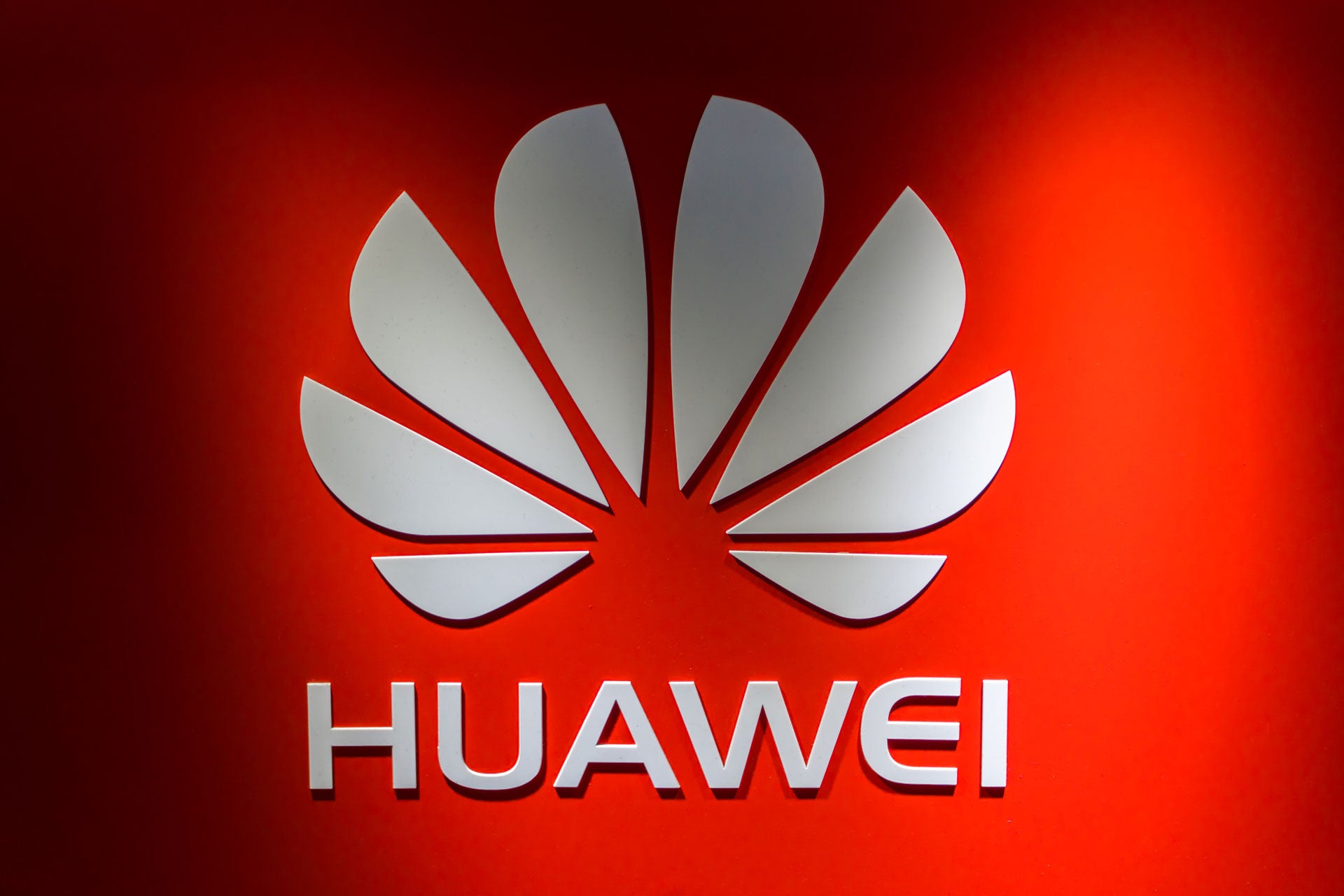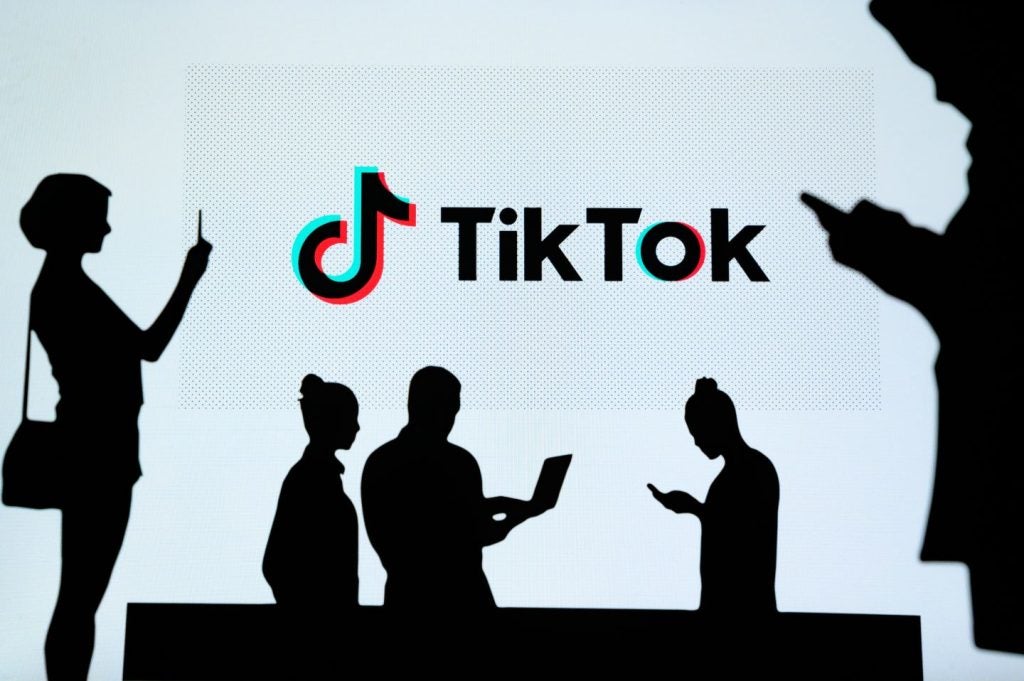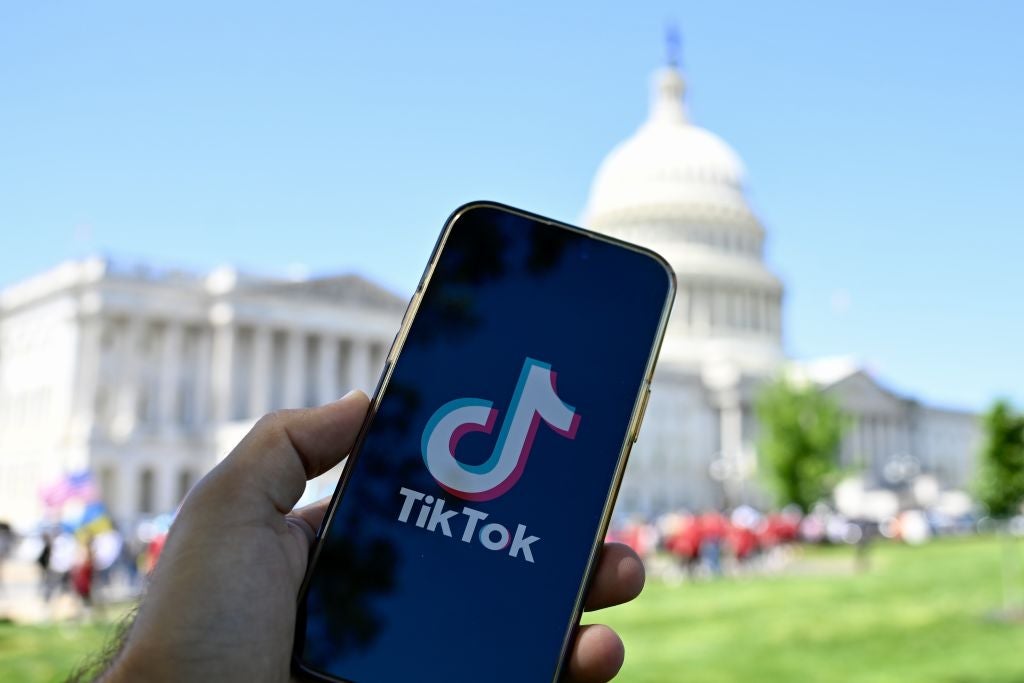
An official declaration issued today by world leaders attending the NATO meeting in London has highlighted the need for 5G security, in what the US government will likely interpret as a ban on Huawei.
While the London Declaration issued by NATO leaders did not explicitly mention Huawei, section six did make reference to both the security of 5G and the threat posed by China.
“NATO and Allies, within their respective authority, are committed to ensuring the security of our communications, including 5G, recognising the need to rely on secure and resilient systems,” the leaders wrote.
“We recognise that China’s growing influence and international policies present both opportunities and challenges that we need to address together as an Alliance.”
This issue was also highlighted in a press conference with NATO Secretary General Jens Stoltenberg.
“Today, leaders committed to ensuring the security of our telecommunications infrastructure – including 5G. We agreed to rely only on secure and resilient systems,” said Stoltenberg.
How well do you really know your competitors?
Access the most comprehensive Company Profiles on the market, powered by GlobalData. Save hours of research. Gain competitive edge.

Thank you!
Your download email will arrive shortly
Not ready to buy yet? Download a free sample
We are confident about the unique quality of our Company Profiles. However, we want you to make the most beneficial decision for your business, so we offer a free sample that you can download by submitting the below form
By GlobalDataNATO agreement an escalation of US moves against Chinese 5G, Huawei
The agreement is likely to be seen by US President Donald Trump as a success, as it progresses his ongoing efforts to get key allies to ban Chinese infrastructure from 5G over fears it could enable the country to conduct espionage activities.
This essentially means a ban on Huawei, as the tech giant is the main Chinese supplier of 5G infrastructure.
However, Huawei has repeatedly denied that its technologies are being used in such a way, arguing that there is not and never has been any evidence that this is the case.
Trump also brought up the issue of China’s role in 5G infrastructure during his time at the NATO meeting, saying “it’s a security risk, it’s a security danger”, according to Reuters.
He said that he has received favourable responses from several nations on the issue, saying that “everybody I’ve spoken to is not going to go forward”.
However, his attempts so far have not been particularly successful. Germany announced in October that it would go against US recommendations and opt not to preemptively ban Huawei from 5G networks.
Meanwhile, the UK has so far resisted a ban, and is likely to instead restrict Huawei to non-core infrastructure.
However, comments made by UK Prime Minister Boris Johnson today suggests that could change, with him saying that he doesn’t want the UK “to be hostile to investment from overseas”.
“On the other hand, we cannot prejudice our vital national security interests nor can we prejudice our ability to cooperate with other Five Eyes security partners,” he said in a press conference.
“That will be the key criterion that informs our decision about Huawei.”
Speaking in response to Johnson’s comments, a Huawei spokesperson said:
“We’re confident the UK government will continue to take an objective, evidence-based approach to cybersecurity. Our customers trust us because we supply the kind of secure, resilient systems called for by the NATO Declaration and will continue working with them to build innovative new networks.”
Technical challenges
Nevertheless, at the core of the issue is the fact that in many countries, including the UK, Huawei technology is already part of 4G infrastructure, which will form the foundation of 5G.
As a result, actually putting through an outright ban on Huawei in all 5G infrastructure would be immensely expensive and impractical, despite the US’ efforts and this latest NATO declaration.
However, despite efforts by Huawei to promote its technologies, there is evidence that the company is losing out to competitors, particularly Ericsson, over the US’ campaign.
Whether this latest NATO declaration will do further damage or is merely lip service to the US, however, remains to be seen.
Read more: Huawei’s Guo Ping: “R&D collaboration benefits both Huawei and the UK”




